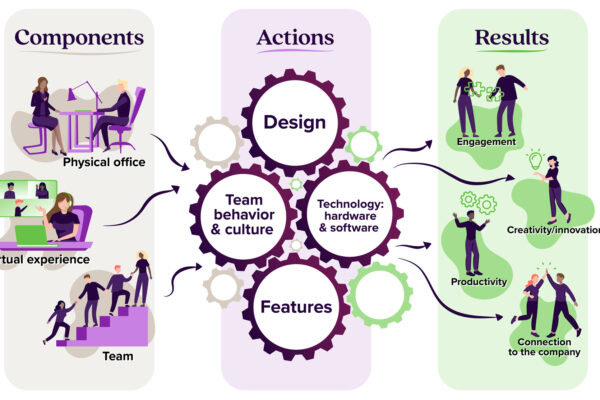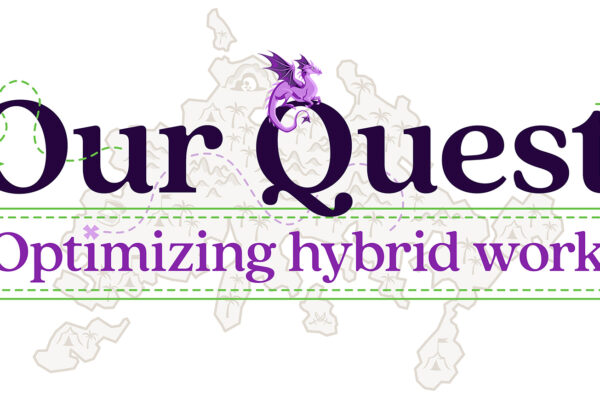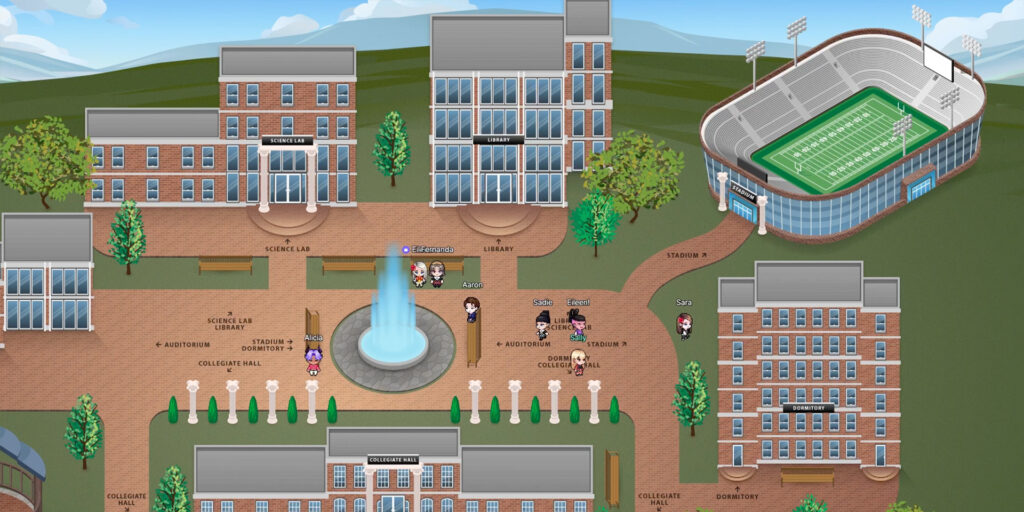
Increase student and alumni engagement with a virtual campus
One of many lessons that the pandemic brought sharply into focus was how hard it is for students—from youth through professionals—to feel a connection to their university and classmates when they aren’t meeting in person. Luckily, most standard university classes have returned to their in-person normal.
But what about those seeking online degrees or professional certificates, students who are unable to visit a university before applying or accepting an offer, and geographically distant alumni?
Engaging these students and alumni requires finding ways to connect people with the connection and local vibe of their campus community.
Done well, the metaverse (no headset or goggles required, I promise) can do just this—bringing students and alumni access to a university’s feel, energy, and network when they can’t be there in person.
Why a virtual campus?
A virtual campus can make online visitors feel like they’re part of the physical campus, allowing them to connect with students and alumni in a natural fashion. Recreating certain buildings, landmarks, and idiosyncrasies brings a smile to alumni and sense of place (energy?) to remote students.
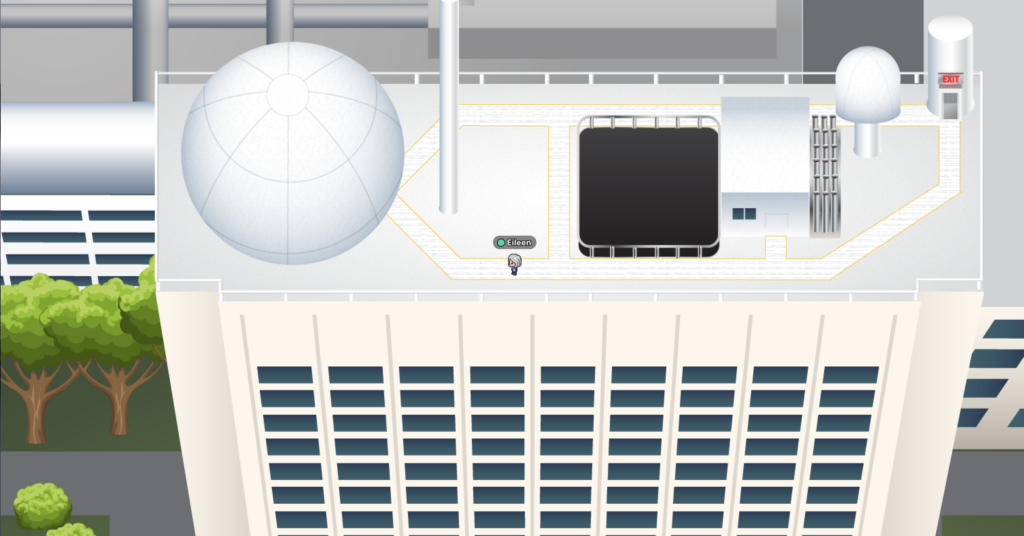
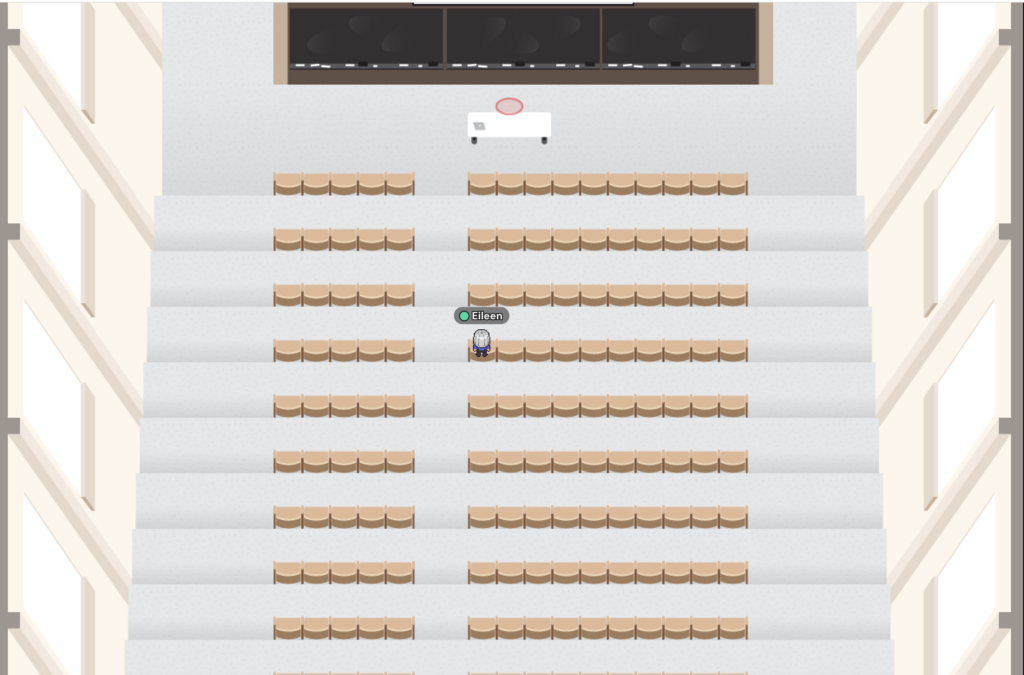
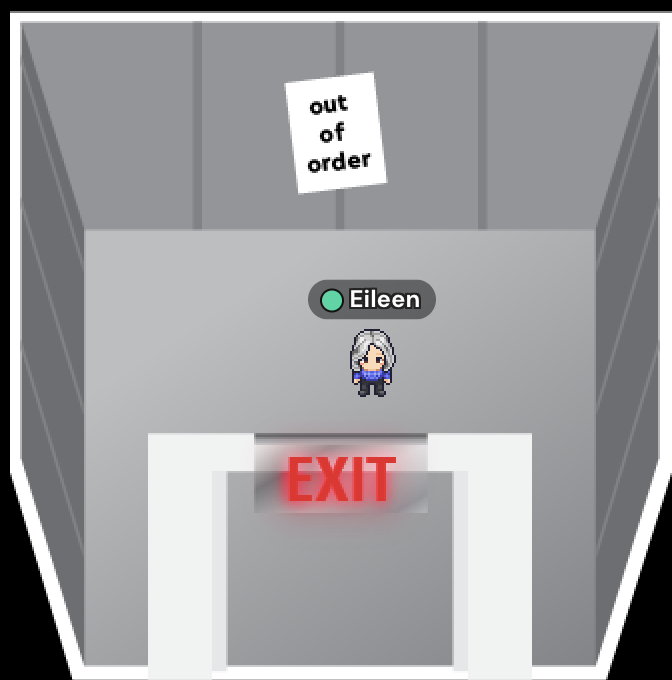
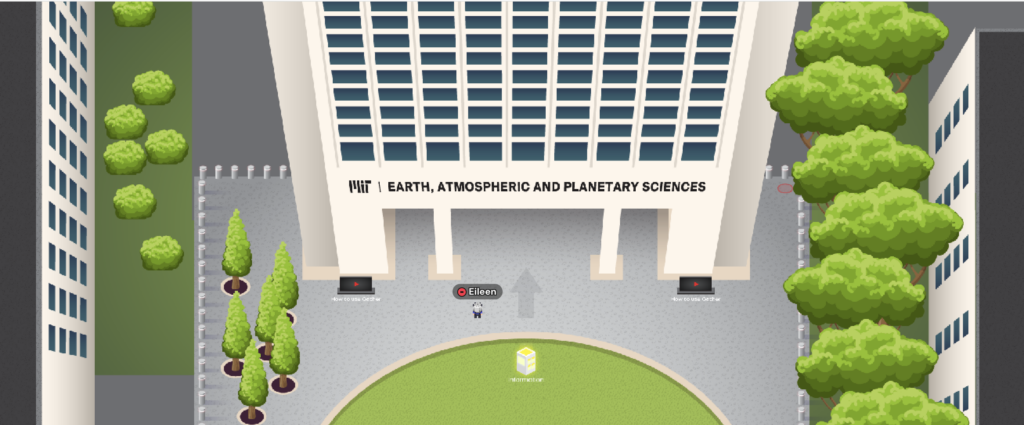
A virtual campus can have many uses, making it a worthy investment in the future.
- Campus tours for prospective students. Whether accepted or just looking, not every student (or parent) can travel before deciding. But studies show that the feel of campus is critical for choosing a university.
- Alumni events. Reminding alumni of the campus experience can increase their connection to each other, current students, and the university. Increased connection leads to increased investment of both time and money.
- Professional education. It can be about more than a certificate. Feeling a connection to the university that teaches them new skills adds to the value of their course and increases the likelihood these professionals will look first to the same university in the future. Much of the value of professional education includes the connections and extended network that result.
- Online degrees. Getting an advanced degree online is increasingly popular, especially among working professionals. But at this point in their career, networking is as important and valuable as the classroom. A virtual campus can be a place to network, work on group projects, visit professors during office hours, and explore additional opportunities.
Challenges
Choosing which aspects of a campus or building to recreate is critical to the experience. We’d all love to show every building in detail, but that’s rarely the best use of resources. To minimize overwhelm and maximize investment, it’s best to select the iconic sites and major buildings, then make them work together in a pared-down campus.
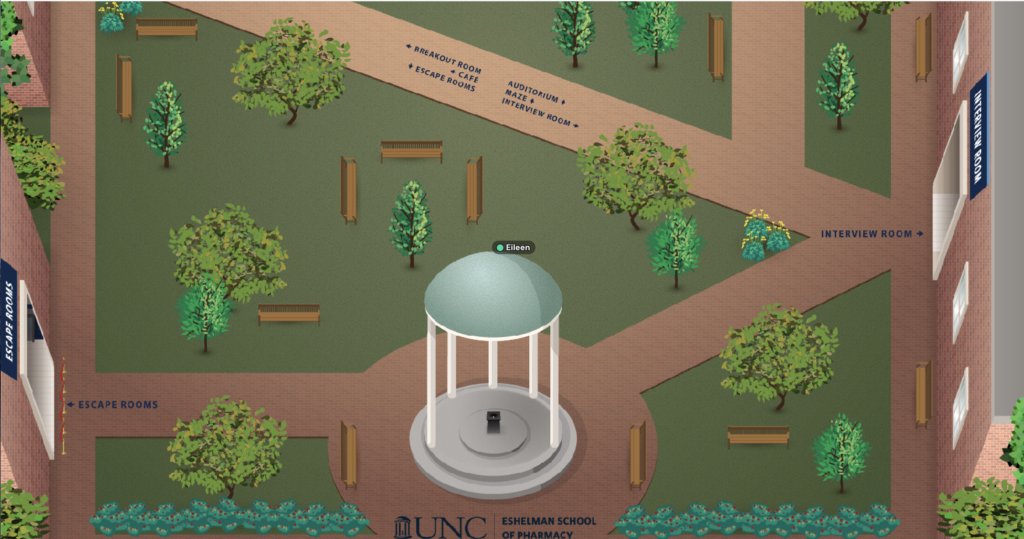
Additionally, simply recreating the campus isn’t ideal—movement and interactions with “physical” spaces work differently online. Retaining the look and feel of campus means knowing how to change “reality” so that it looks familiar, feels familiar, and works seamlessly for virtual avatars.
If you’d like to learn more, or visit some of the spaces pictured here, let us know! We’d love to chat.

